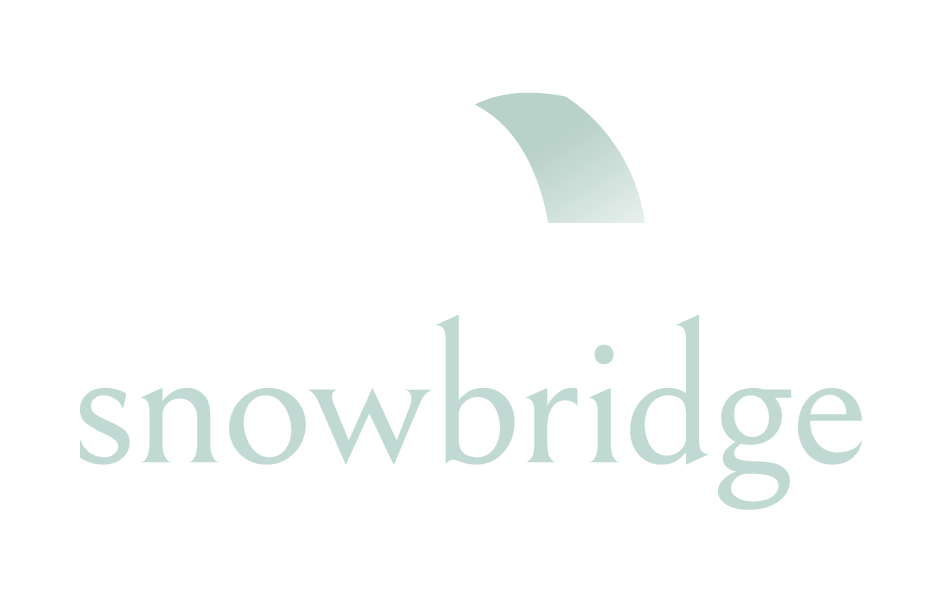Book Review: Anna Lemke’s Dopamine Nation
Anna Lemke’s Dopamine Nation is relevant to all of us living in a dopamine-flooded environment, but those who struggle with addictive behaviors (substances, electronics, behaviors, etc) will find the case examples to be especially relatable and informative.
Lembke, a psychiatrist and Chief of the Stanford Addiction Medicine Dual Diagnosis Clinic at Stanford University, proposes a fresh look at addiction informed by the evolutionary observation that humans are wired for scarcity but living in abundance- especially in wealthy countries.
Lemke posits that the abundance of modern times has contributed to an imbalance in our reward system. In a world of relative comfort with near constant rewards- calories, online retail, substances, porn, gambling, and the ‘gamification’ of nearly everything, our brain is flooded with dopamine. This imbalance leads to increased ‘pain’ as our brain becomes accustomed to artificially high levels of dopamine and adjusts expectations higher- the result is that we need more rewards to feel “ok.” In addiction science this phenomenon is called tolerance.
The solution? More ‘type 2’ fun- and a 30 day reset where you abstain from your ‘drug of choice’ until your reward system can reset and you can engage with your ‘drug’ in a way consistent with your goals and values. Lemke suggests that the solution to our dopamine flooded lives is to counteract the dopamine with physical discomfort and challenging your body. She’s not talking about self harm here, but rather doing challenging things. Examples she includes are exercise, sauna, cold water immersion, and accomplishing difficult physical tasks like climbing or cycling.
I really liked this easy to read book with great vignettes and a relatable style. I’ll have to trust Lemke on the hard science but anecdotally what she is asserting certainly aligns with my personal experience and those of my clients over the past 20+ years. It turns out there is no ‘free lunch’, no ‘magic pill’ and no ‘free ride’. The good news is that her theory is easy to test by giving her book a read and her recommendations a try- even if you don’t identify as an addict I think you will find some very relatable content here.
If you are unable to change your relationship with your ‘drug’ or behavior of choice, there may be a good reason. Drugs and behaviors can offer us escapes from pain and it’s often the case that to effectively change addiction we need to address the underlying wounds that are being managed, numbed, or avoided. Therapy can be a great way to increase your insight into these wounds, heal them and change your relationship with substances or behaviors so that you can be the version of you that you want!
